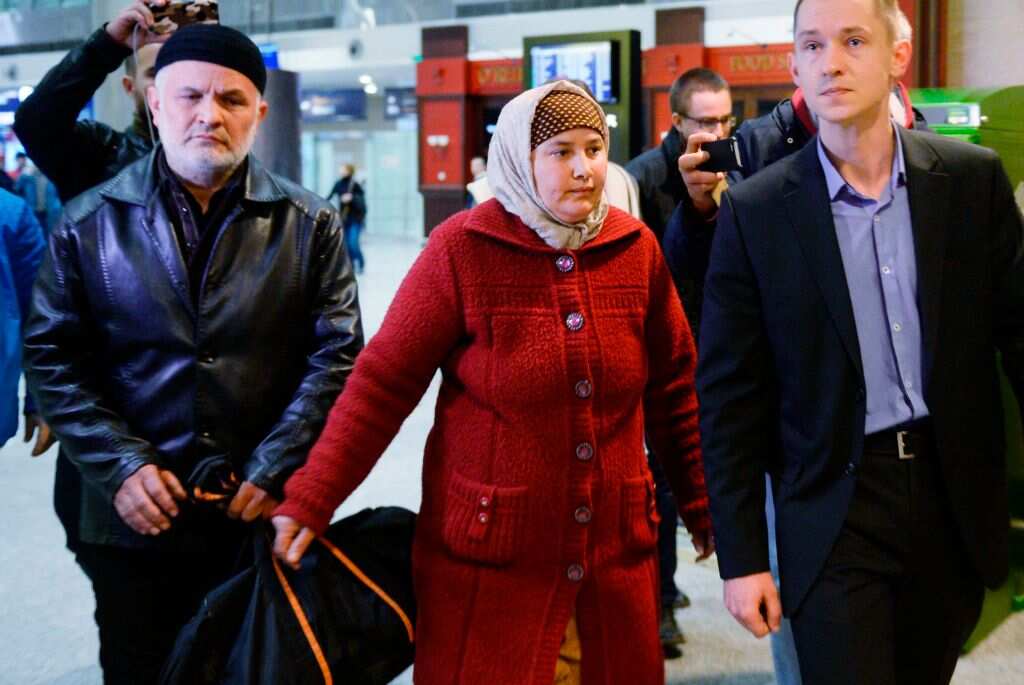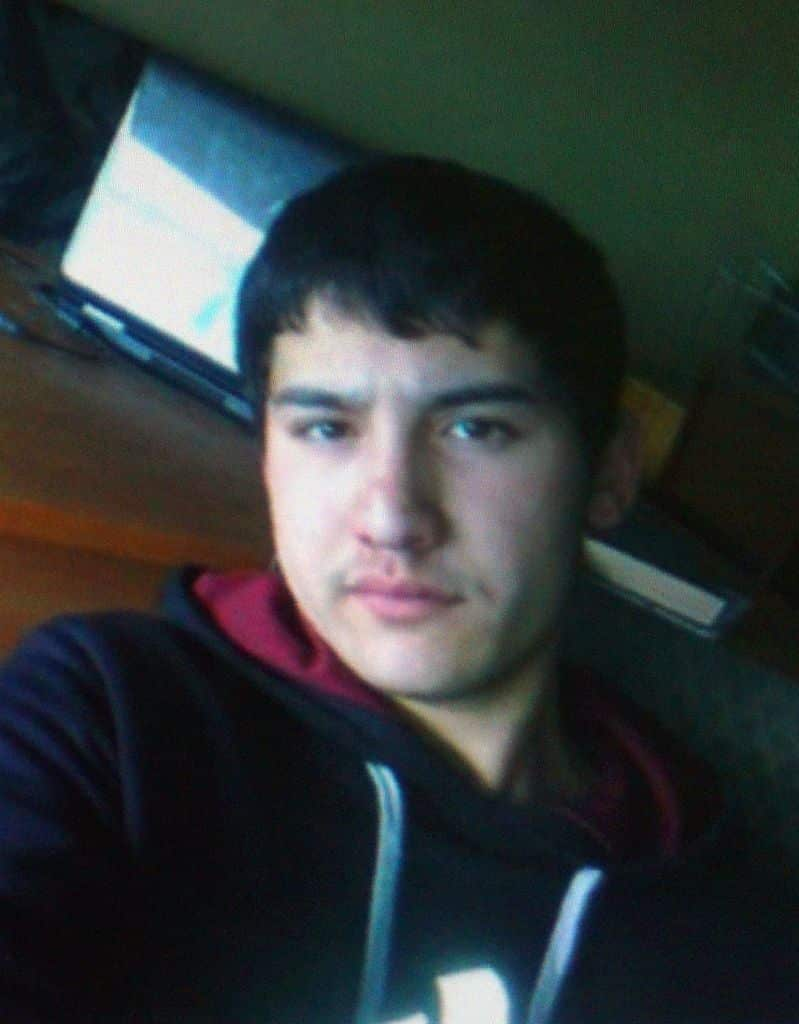The authorities said that those detained had been recruiting people to join groups including the Islamic State "to carry out terrorist crimes" and join "illegal armed groups" abroad.
Russia on Wednesday probed the potential motives of the alleged bomber behind a blast in the Saint Petersburg metro that killed 14 people, as the grieving city mourned its dead.
Investigators have identified the attacker as 22-year-old Akbarjon Djalilov, believed to be a Russian national born in Central Asian Kyrgyzstan, saying he had also planted a bomb at another station that was successfully defused.

Authorities searched Djalilov's residence and said CCTV footage showed him leaving his home ahead of the attack "with a bag and rucksack."
The head of Russia's Investigative Committee Alexander Bastrykin ordered officials to look into any potential "links" between the alleged attacker and the Islamic State group.
No one has so far claimed responsibility for the attack.
But jihadists from IS -- which includes foreign fighters from ex-Soviet Central Asia and the Caucasus region -- have repeatedly threatened an attack on Russian soil in revenge for Moscow's military backing of Syrian leader Bashar al-Assad.
In the first sign of a crackdown on suspected Islamists since the attack, authorities said they had detained in Petersburg six alleged "terrorist" recruiters from Central Asia, working for groups including IS, but stressed there was no proof yet of any links to Djalilov.

Djalilov's fragmented remains were found at the scene of the blast, but it remains unclear whether he was included in the official death toll of the attack.
His distraught parents meanwhile flew into Saint Petersburg from their home city of Osh in southern Kyrgyzstan.
Authorities in the mainly Muslim nation say Djalilov and his parents are ethnic Uzbeks with Russian citizenship and that Djalilov has lived in Russia since he was 16.
They said Djalilov flew back to Russia on March 3 after a visit to the country.
There was no confirmation by Russian officials of any of these details.
Identifying the victims
As the authorities probed the circumstances of the attack, they also released the identities of most of the victims of the attack, as dozens of injured remained in hospital.
The ages of those killed ranged from around 17 to 71 with nationals of Azerbaijan and Kazakhstan reported among the dead.
A memorial service was to be held for those killed at a cathedral in Saint Petersburg on Wednesday, the second day of national mourning over the attack.
The attack has stunned Russia's second city and posed tough security issues as it gears up to host the opening game and final of the Confederation Cup football tournament in June, ahead of the country holding the World Cup in 2018.
Russia suffered a wave of brutal attacks in the 1990s and 2000s blamed mainly on a rebellion in Chechnya that morphed from a separatist uprising into an Islamist insurgency.
The country's transport network -- including the metro in Moscow -- was hit repeatedly by suicide bombers leaving scores dead.
But there had been no attacks against a major city since blasts in the southern city of Volgograd in December 2013, weeks ahead of the Sochi Winter Games.
IS, however, has struck at Russia abroad, claiming a bomb attack in October 2015 that blew a passenger jet packed with holidaymakers bound for Saint Petersburg out of the air over Egypt, killing all 224 people onboard.
In the wake of the Saint Petersburg bombing, President Vladimir Putin held talks with world leaders including US President Donald Trump to push for greater cooperation in the fight against terrorism.
The Kremlin has called the bombing a "challenge to every Russian, including the head of state".
The issue is set to dominate a meeting in Moscow between Putin and security bosses from around the former Soviet region that was scheduled before the attack.

